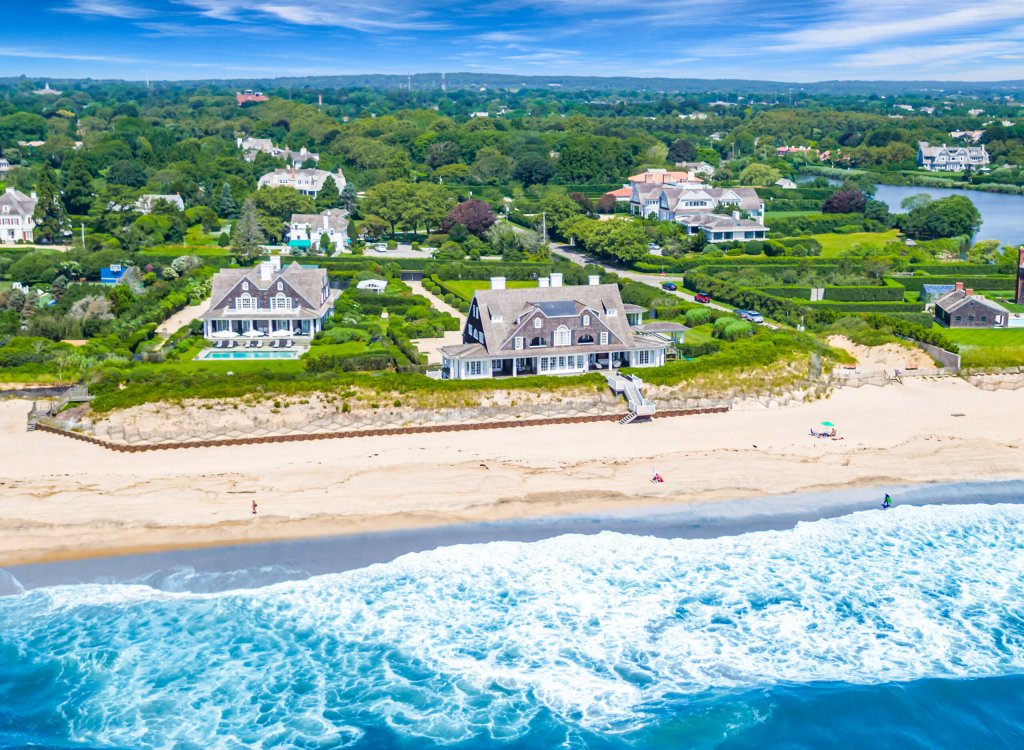A Water Solution

A few short decades ago, the mere suggestion of extending the reach of the Suffolk County Water Authority was enough to set off alarms about overdevelopment. The logic was that more houses could be built closer together if homeowners could simply tap into a ready source of public water and not have to rely on their own private wells.
Times sure have changed. The East End has been largely developed from one end to the other, with or without easy access to public water. Today, rather than being viewed as a harbinger of a dark future, the water authority is increasingly welcomed into neighborhoods beset by water quality issues.
Such was the case in Wainscott, where earlier this year miles of new mains were installed seemingly overnight, in response to reports of contaminated private wells. Now, Southampton Town is considering the possibility of bringing public water to East Quogue, where a former landfill site was found to be the source of elevated levels of carcinogens.
That’s why it is so hard to understand the groundswell of opposition brewing among residents of the Hampton Bays Water District to a proposal put forth by the town board to turn over the management of the hamlet’s tiny water district to SCWA. This, despite widespread complaints from the public about everything from chronic low water pressure to fears that the water coming out of the tap may be more than just discolored, but tainted as well.
One would think residents would welcome SCWA with open arms. Instead, those who turned out for a recent town board forum on the subject seemed to be more concerned about the loss of local control.
But that reasoning doesn’t hold water when one considers the facts: Under SCWA management, residents’ water bills would see little change. SCWA would be better able to undertake needed capital upgrades and spread the cost around its much broader customer base. It has state-of-the-art laboratories that would be able to better monitor the water supply. It has agreed to absorb the water district’s employees into its own workforce.
The town board, whose members serve as the Hampton Bays Water District’s commissioners, are trying to listen to all sides. But in this case, besides listening to the will of the people, the board has a duty to do what’s right for the people. Absent any compelling reason to do otherwise — and the management of the local water district has yet to state its case for why it could do a better job — the town board should strike a deal with SCWA.



